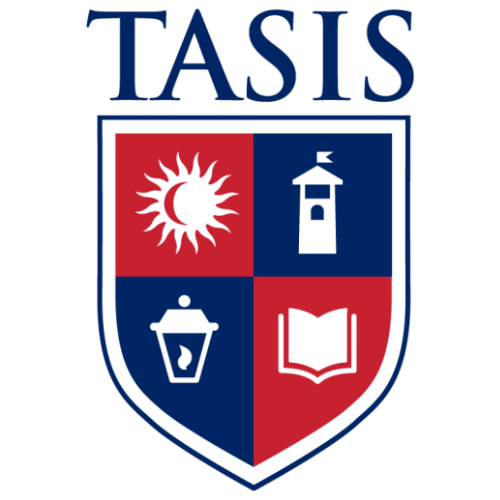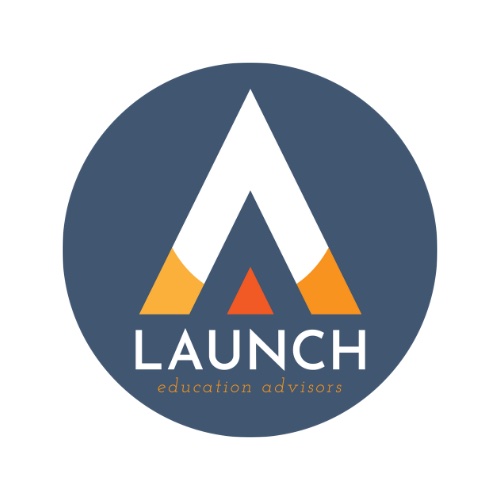by Carol-Lyn McKelvey, FAUSA/AIWC Cologne
with contributions from Keziah Watatua, AWA Kenya & Mary Adams, AWC The Hague
Anyone paying attention to world events knows the Taliban have reclaimed power in Afghanistan. While this is a difficult situation by a variety of measures, the crisis for women in general, and girls’ education in particular, cannot be understated. The Education Team will be keeping you apprised of events as they unfold, but we wanted to share the information we currently have.
 An article published by Human Rights Watch on September 7th, 2021 entitled ‟The Future of Afghanistan’s Schools – and its Children – is at Stake” notes:
An article published by Human Rights Watch on September 7th, 2021 entitled ‟The Future of Afghanistan’s Schools – and its Children – is at Stake” notes:
Afghan parents have reasons to fear. The Taliban’s near total denial of education for girls and most education for boys when they were last in power was one of the many egregious human rights abuses cited by the U.S. and its allies when they ousted it in 2001. The new Afghan government and its foreign supporters cited the rehabilitation of its school system as a chief success.
For a bit of a history lesson on education in Afghanistan, check out this article from 2016 from UNICEF, which offers an explanation of the then-current status and solutions.
Read UNICEF’s September 18, 2021 statement on the re-opening of high schools, which emphasizes that girls MUST NOT be left out.
Global Giving is highlighting the changing climate of girls’ education with a feature article by Elizabeth Appleyard of the Afghanistan Institue of Learning (AIL). The article ‟Recent Developments in Afghanistan” was published September 10, 2021 and notes:
Afghanistan has been stunned by recent developments, and people are adapting as best they can to a new situation which remains both unclear and uncertain as to the future. AIL’s current priority is to provide urgently needed assistance to the thousands of displaced families who have flooded into Kabul and Herat. Some centers provide a staging point for aid. Our staff are all working, though offices currently are men-only with women working from home. The centers are all female and await instructions from the Taliban with regard to procedures required for reopening centers to our students. Our clinics have expanded their capacity to cope with the large numbers of refugees that are in the area.


